Imaginings
stories, creative nonfiction, poetry, and other imaginative accounts of the natural world
-
Path Dependency: Layers of History along the Mill Creek
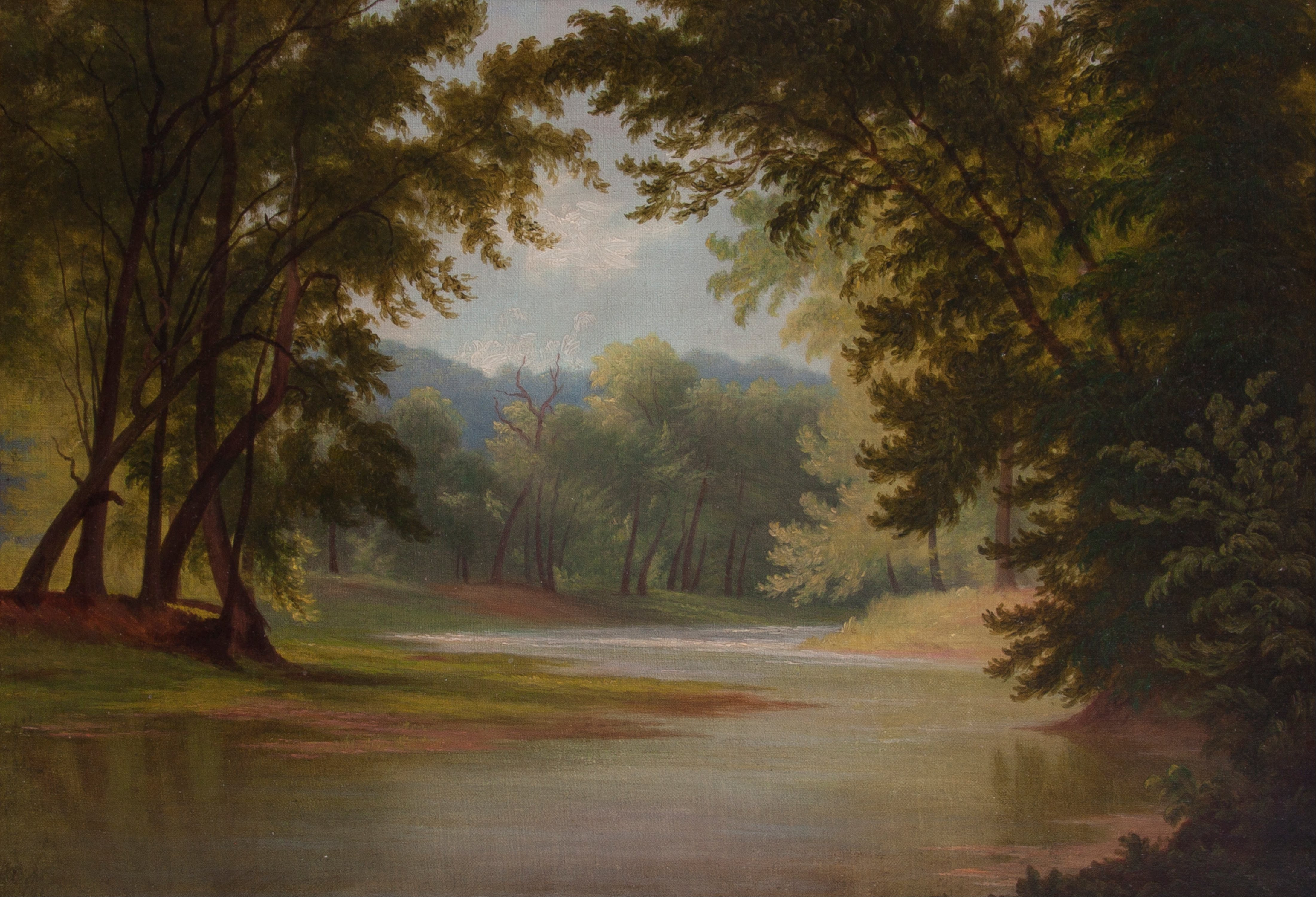
Guest Post by Kathleen Smythe Kathleen Smythe is a professor in the Department of History at Xavier University, Cincinnati. In this post, she offers a fascinating glimpse into the history of Mill Creek, engaging with the historical, social, economic, and ecological meanings behind the idea of a watershed. This forms the basis of her course
-
Making Tracks: Teresa Spezio
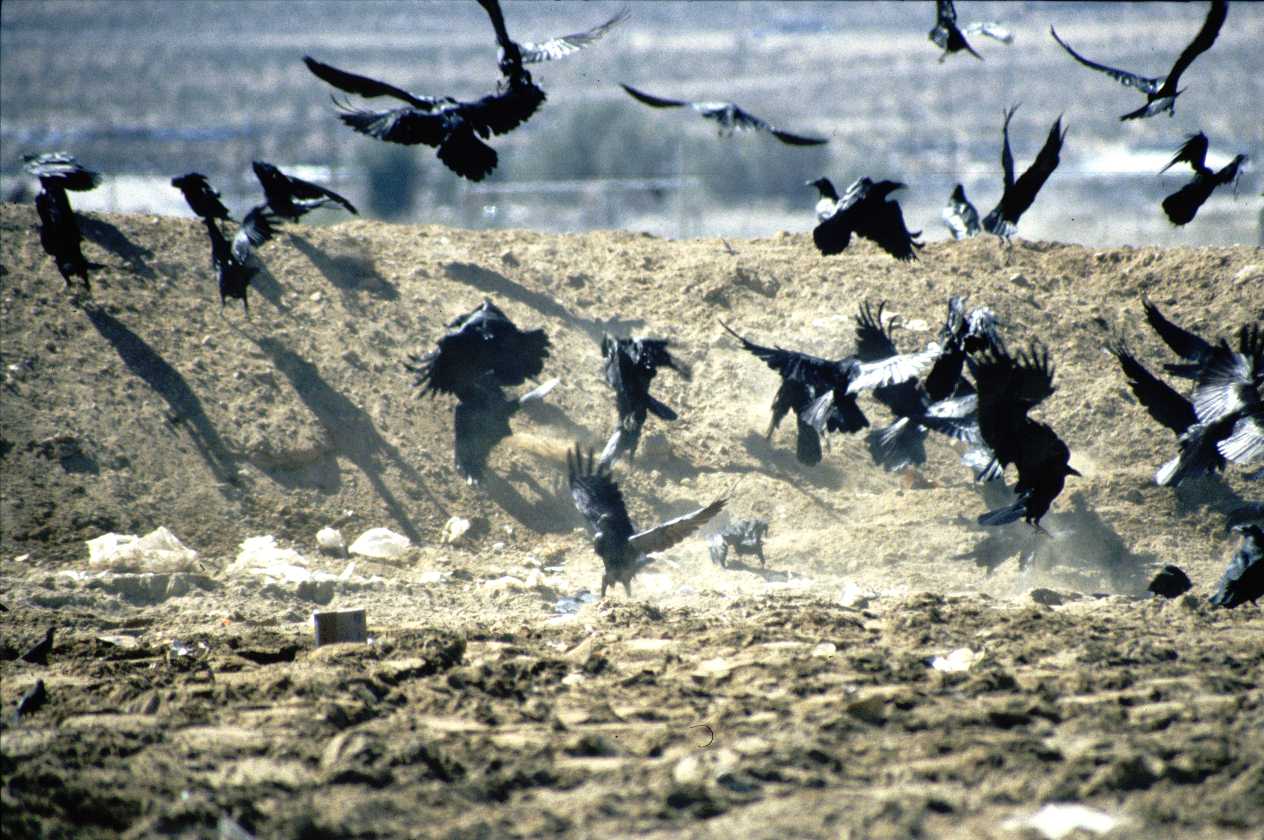
By Teresia Spezio As a child, I had first-hand experience with air and water pollution. I grew up in the city of Pittsburgh, which was once the steel making capital of the United States. I remember trips on the Parkway East with my family driving past the Jones & Laughlin primary steel mill where men…
-
The Reinheitsgebot: Between German Consumer Culture and the European Market
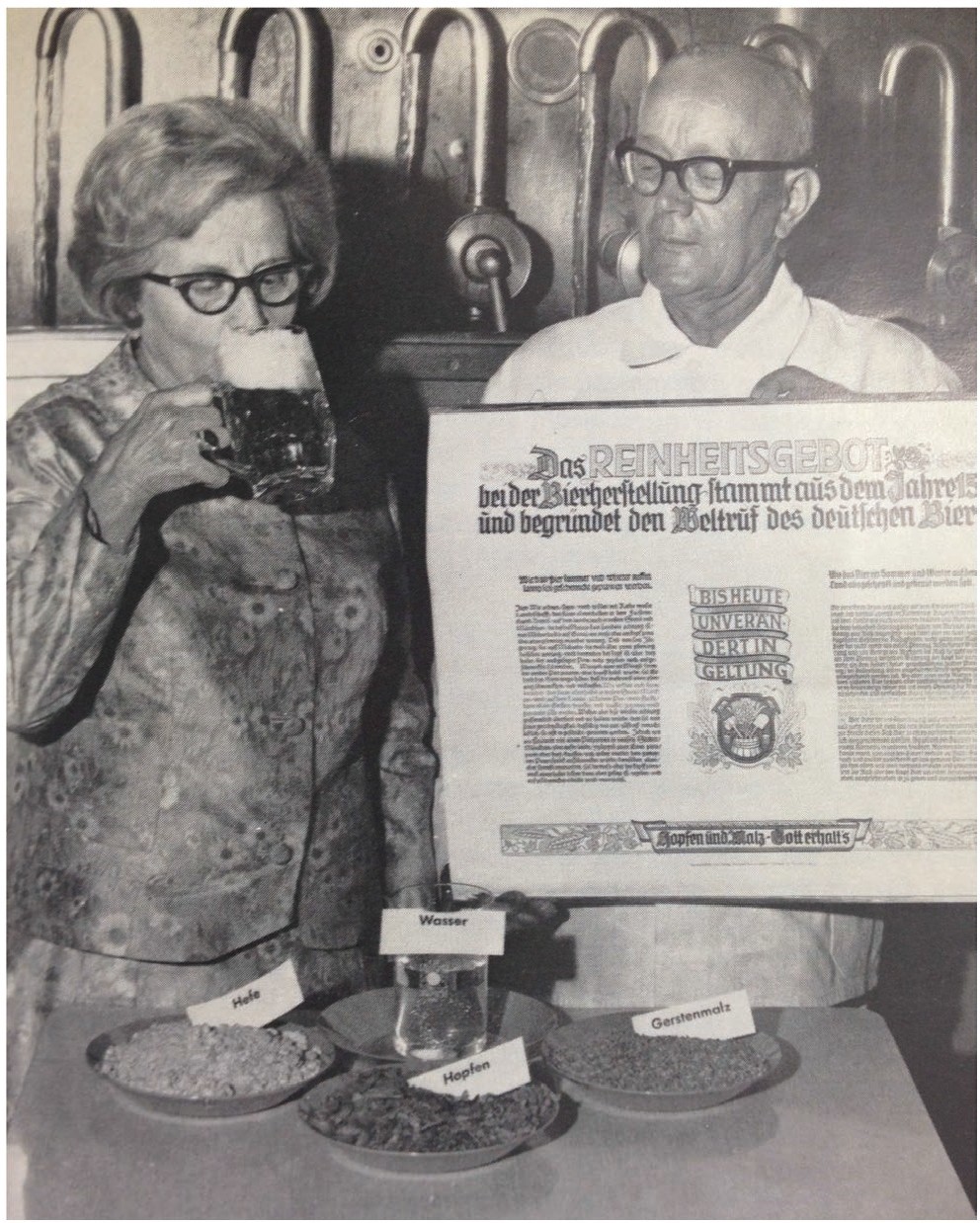
By Robert Terrell On 15 July, 1987, West German federal president Richard von Weizsäcker received a letter from one Andreas Z., which began: “Much has been written about the Reinheitsgebot lately.”
-
Review of “Disrupted Landscapes: State, Peasants and the Politics of Land in Postsocialist Romania” by Stefan Dorondel
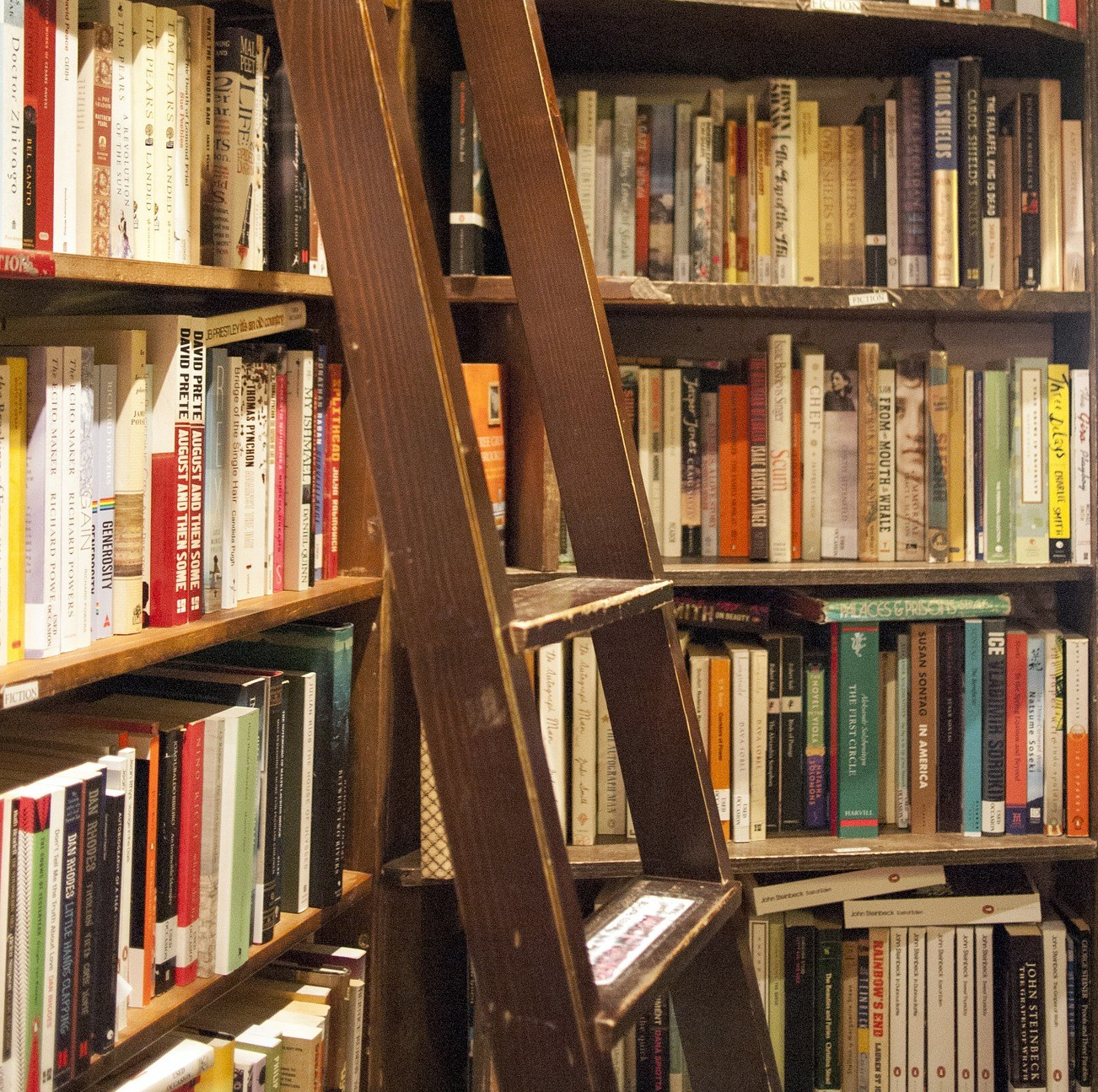
by Marco Armiero Marco Armiero is director of the KTH Environmental Humanities Laboratory at the Royal Institute of Technology, Stockholm. This post originally appeared on Entitle Blog – A Collaborative Writing Project on Political Ecology and is reposted with kind permission of the author. How many times have we repeated to each other that there is
-
Hazardous Time-Scapes: How to Make Sense of Toxic Landscapes from Multiple Timed, Spaced, and Embodied Perspectives?
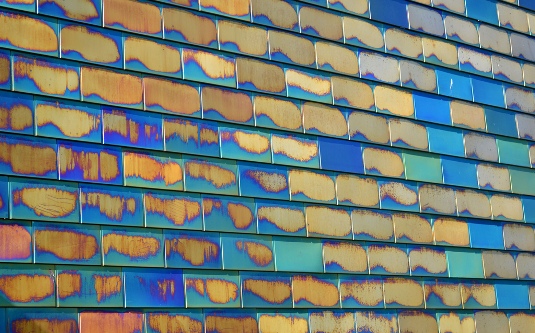
By Laura Deal: How do we understand toxic environments? What roles do time, space, narration, and embodiment play in our conceptualizations of what it is for something to be considered “toxic”? And how do these factors enable complicity in—or resistance to—toxic exposure?
-
Bookshelf Special Feature Part 2: National Park Science
A Review of National Park Science: Jane Carruthers’ Magnum Opus by Bernhard Gißibl * Part 1 features Jane Carruthers’ introduction to her book and a comment by Libby Robin. A full review of National Park Science by Bernhard Gißibl will appear in an upcoming issue of the journal Environment and History. Jane Carruthers’ National Park Science is the first comprehensive
-
Making Tracks: Gregg Mitman
In the “Making Tracks” series, RCC fellows and alumni present their experiences in environmental humanities, retracing the paths that led them to the Rachel Carson Center. For more information, please click here. By Gregg Mitman My journey to the Rachel Carson Center began in 1967 in the backseat of a blue Dodge sedan, packed with my
-
Doktorandentag 2017!
Eight new members of the RCC’s doctoral program and two visiting doctoral students presented their projects at the center’s annual “Doktorandentag.” Organized and moderated by members of the program, the format allowed each student to present a *snapshot* of their research followed by a discussion with their peers, doctoral program board members, RCC fellows,
-
Welcome to the Taproom

By Pavla Å imková When I started doing research in beer history, I had no idea what I was getting into. I doubt there is a beer pun in the world I haven’t heard yet. People have wished me hoppy holidays. They can barely contain their excitement about interesting beer articles they have just read.